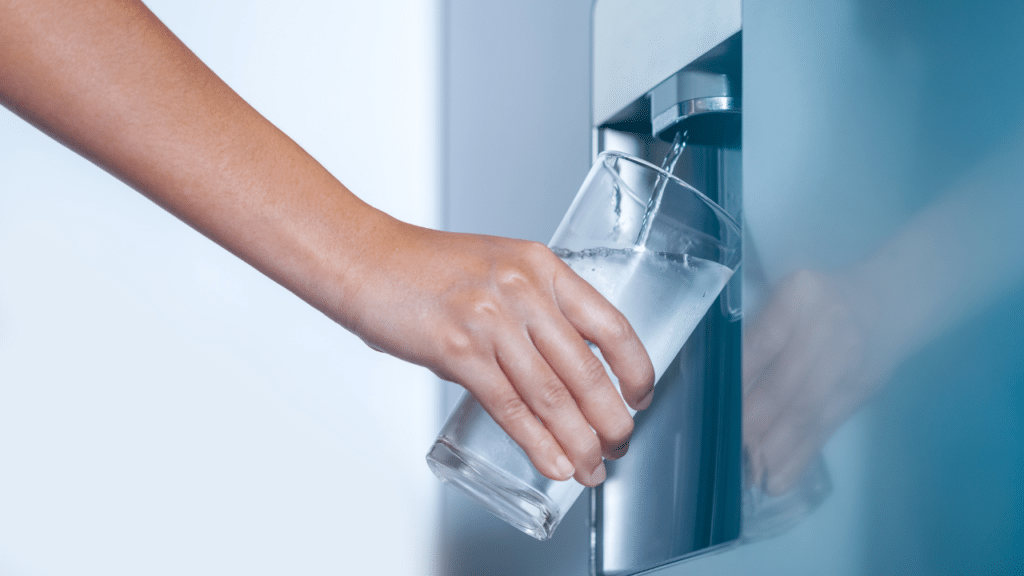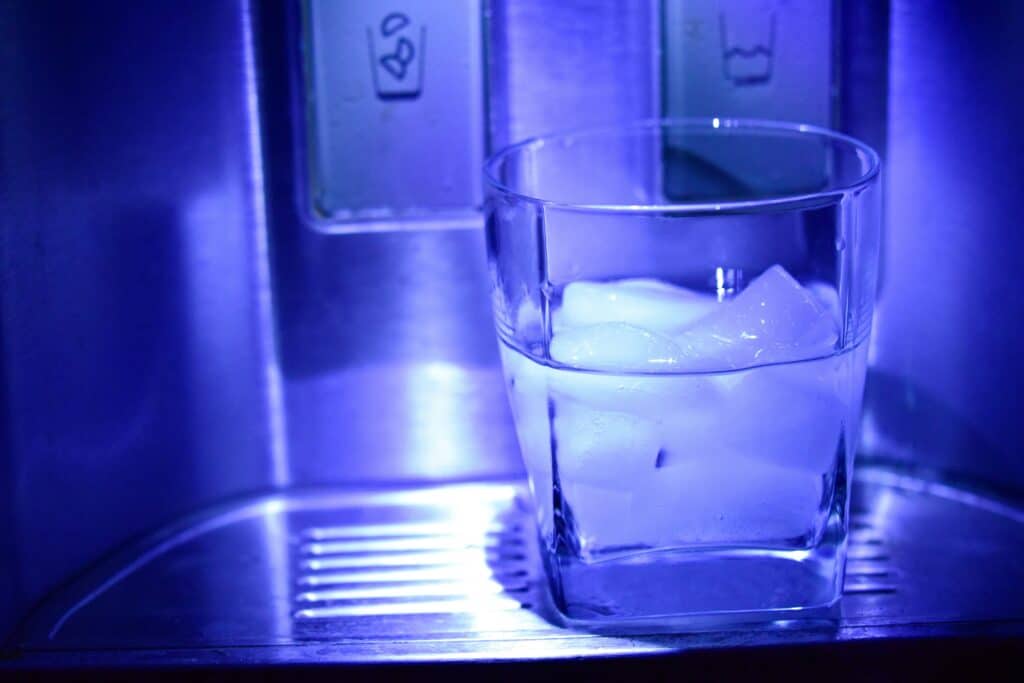More Talk, More Concern… Here’s What You Need to Know About PFAS in Your Drinking Water
PFAS contamination is no longer a distant issue—it’s here, and it’s in the headlines for a reason. In April 2025, the City of Kennewick confirmed that PFAS—also known as “forever chemicals”—were detected in the municipal water supply, sparking understandable concern among residents.¹ While we don’t want to incite fear, it’s more important than ever to understand what PFAS are, how they can affect your health, and whether your current filtration methods (like fridge filters) offer enough protection.
Spoiler: most fridge filters aren’t designed to effectively remove PFAS.
Let’s break it all down—and offer you a solution that does provide peace of mind.
Want more background? Read our guide to PFAS risks and how to protect your health.
What are PFAS?
PFAS stands for per- and polyfluoroalkyl substances. Essentially, they are a large family of thousands of human-made chemicals used since the 1940s. These chemicals have been added to products for their non-stick, water-repellent, and stain-resistant properties. For example, you likely have it inside your home right now in non-stick cookware, waterproof clothing, and food packaging. It is also commonly used in firefighting foams.
Here’s a quick science lesson for you (we promise it will matter later). PFAS are often split into two categories, long-chain and short-chain PFAS. This refers to the length of their carbon-fluorine (C-F) chain, which affects how they behave in the environment and the body.
To put it simply, long-chain PFAS have more carbon atoms and short-chain PFAS have fewer. This matters because long-chain PFAS persist in the body for a long time, meaning they bioaccumulate, which can lead to long-term health risks. On the flip side, short-chain PFAS don’t accumulate in the body as much as long-chain PFAS, but they still persist in the environment and may have similar toxic effects over time.
Why Should We Care about PFAS?
PFAS are nicknamed “forever chemicals” because they do not break down naturally in the environment. It can take decades or longer for them to degrade, which has resulted in a build-up in the environment, and, in turn, inside the food chain and our bodies.
The Centers for Disease Control and Prevention has detected PFAS in the blood of 99 percent of Americans, including newborn babies. Additionally, it is estimated that PFAS could contaminate the drinking water of over 200 million Americans nationwide.
Why does this matter? While research is ongoing, many scientists are worried about the long-term potential health risks of exposure to PFAS, especially the long-chain PFAS. Various studies have linked PFAS to cancer, hormone disruption, altered cholesterol levels, reproductive and development issues, and other health conditions.
It is becoming such a concern that the EPA has issued health advisories and is now moving to set strict limits on certain PFAS in drinking water. So, that leads us to your fridge filter!

Do Fridge Filters Remove PFAS?
The short answer? Yes and no.
Unfortunately, most people are exposed to PFAS through drinking water, as most water treatment systems are not designed to remove PFAS fully. By the time the water reaches your fridge, there will likely still be PFAS in it.
Refrigerator filters typically use activated carbon in granular (GAC) form to remove the most common contaminants in drinking water, such as chlorine and sediments, with the goal of improving taste.
According to research reported at the Duke Nicholas School of the Environment, “Activated-carbon filters removed 73% of PFAS contaminants, on average, but results varied greatly. In some cases, the chemicals were completely removed; in other cases they were not reduced at all.”
Additionally, GAC works well on longer-chain PFAS, but not as well on shorter-chain PFAS. In a research study, fridge filters removed roughly 65% of long-chain PFAS on average, but only about 47% of short-chain PFAS on average.
What does this mean for you? While most fridge filters are still better than nothing, they can’t be relied on to filter PFAS from your water, meaning these forever chemicals will linger in your and your family’s bodies.
How Can I Get PFA Free Drinking Water?
Fortunately, there is a method of water filtration that gets rid of PFAS: reverse osmosis. Reverse osmosis is highly effective against PFAS, consistently achieved ~94–99% removal of PFAS in studies.
Here at Paradise Bottled Water, we take water purification to the next level, ensuring every sip is as pure and refreshing as nature intended. Both our purified water and vapor distilled water undergo reverse osmosis as part of our multi-step purification systems. Our commitment to quality drives us to deliver water free from harmful contaminants, offering you a safe and crisp hydration experience.
Say goodbye to harmful water and have safe drinking water delivered right to your door! Click HERE for a free estimate and start your journey to a healthier life today.



